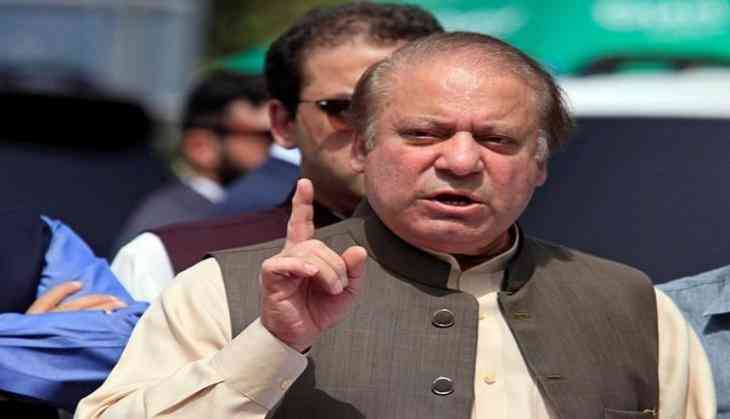
New York-based credit rating agency Moody's has expressed fears that political uncertainty in Pakistan after Nawaz Sharif's disqualification as Member of Parliament could pose risks to developmental policies and might impact adversely on its rating.
"If heightened political uncertainty and strife among the various branches of government disrupt the administration's economic and fiscal agenda, macroeconomic stability and the government's access to external finance could be impaired, weighing on Pakistan's credit profile," the dawn quoted agency as saying.
The political events in Pakistan have a cumulative effect on sovereign credit profile, policymaking and thereby on the economy and the government's access to finance.
According to Moody's Investors Service Research "High domestic political risk is embedded in Pakistan's credit profile."
Taking into account the long history of Pakistan 'characterised' by military coups and strife between the executive, judiciary and military, the persistence of heightened political risk has weakened government effectiveness and its control over corruption.
Investigations into the financial affairs of Nawaz Sharif and his family followed the 2015 publication of Panama Papers, which disclosed his children's vast and previously unreported wealth. The Supreme Court's ruling in the case included an instruction for the National Accountability Bureau to initiate further investigations in the case.
"His ouster now could trigger another period of political instability, undermining Pakistan's ability to address pressing domestic economic challenges, bolster investor confidence and attract external financial support from official creditors and donors," Moody's said.
"The extent to which these events detract from economic and fiscal policymaking, and reduce government effectiveness in general, will ultimately determine their impact on Pakistan's credit profile. Under Nawaz Sharif's leadership, in September 2016, Pakistan completed a three-year International Monetary Fund [IMF] Extended Fund Facility programme that helped to stabilise the economy," said the US-based agency.
"However, security-related issues and Pakistan's weak track record of public project implementation suggest that the pace of execution will be relatively slow. Moving forward, continued support for the CPEC project across all branches of government will be critical to its success and full implementation," said Moody's.
Shahid Khaqan Abbasi has been elected as interim prime minister. Election Commission of Pakistan has announced September 17 as the date for voting for NA-120 and PML-N Shahbaz Sharif will be filing his nomination papers from September 12-15.
Prior to becoming prime minister he must step down as chief minister and get elected to the National Assembly on the seat vacated by his brother. In the meantime, Shahid Khaqan Abbasi will serve as the prime minister.
Given the PML-N's strong support in Punjab and Shehbaz's popularity as chief minister, his victory in the by-election appears highly likely.
-ANI


